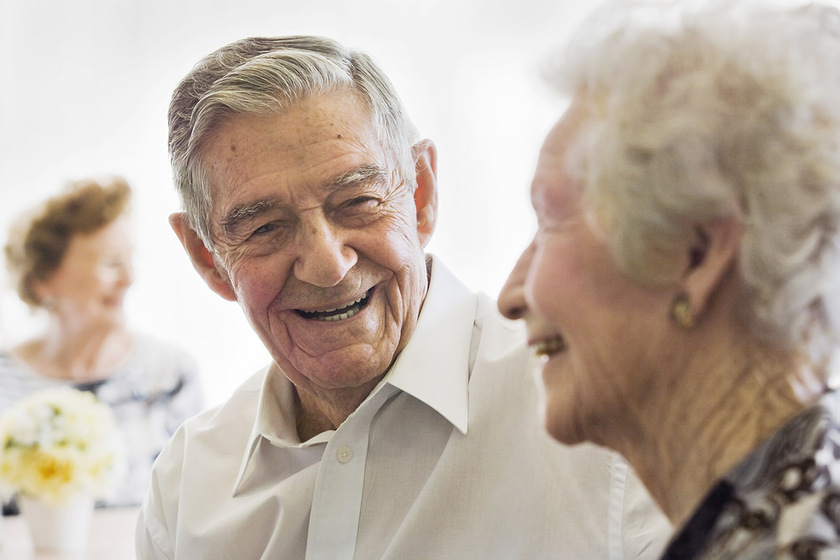Even the simplest things may result in nasty falls that have big impacts on your loved ones. They might choose to put a hold on their regular favorite activities and social meetings due to the dread of being in more accidents. This may lead to isolation, growing dependence, and reduced quality of life.
Though it is now generalized that falls are a part of life, it is not entirely true because many of them can be prevented. Here at assisted living in Vinton, VA, we take necessary steps to prevent falls as much as possible by the following things.
Regular Appointments
Keeping up with your loved one’s doctor’s appointments can help them address underlying medical issues that make them more likely to fall. They are also able to prescribe and adjust medications and therapies that help improve strength and balance.
Remain Physically Dynamic
Getting enough exercise can help lower the risk of falling. However, exercising safely is essential. Make sure that the exercise area is secure and that your loved one has a way to call for assistance if they need it. A short walk is preferable to doing nothing at all.
Eat Nutritious Food
A nutrient-dense diet is important for preventing falls because it helps build muscles and maintain muscle strength. The lack of protein and vitamin D in many individuals causes them to lose muscle mass. Falls are more likely to occur. Make sure your loved one consumes a lot of protein-rich and vitamin D foods to lower their risk.
Limit Drinking Alcohol
Drinking alcohol impairs your motor and cognitive abilities, putting those in their golden years at a higher risk of falling, especially if they already have balance issues or poor coordination. Your loved one’s medication may also be affected by alcohol, increasing the likelihood of a serious fall. Elderly people who drink alcoholic beverages may sometimes become dehydrated.
Home Fall Prevention
If your loved one suffers from hoarding disorder, the living space can be especially dangerous. By reducing potential hazards and making some changes to make your loved one’s living space safer, you can help lower the risk of falls.
Limit Potential Dangers
Make sure that the cords to lamps, televisions and other items are not in your loved one’s walking paths because electrical cords pose a significant risk of tripping. Tape them to the floor if necessary to stop them from moving around. To ensure that your loved one can move around without hitting tables, chairs, or couches, you may need to take out or move a few pieces of furniture.
Changes in Bathroom
Install grab bars as soon as possible if they are not already present in the bathroom so that your loved one can grab something if they become unsteady. Last but not least, check to see that the bath mats have a nonslip backing to prevent your loved one from slipping on them.
Get Stairlifts
Anyone who suffers from arthritis, osteoporosis, prosthetic joints, or any other condition that restricts their mobility will benefit greatly from using a stairlift. Make sure your loved one’s stairway is large enough to accommodate the model you choose before installing a stairlift.
Enhanced Lighting
Inadequate lighting causes weak sight, making it more likely that people will fall at home. Fortunately, one of the simplest changes you can make is to adjust the lighting. Your loved one will have an easier time seeing where they are going after lighting the dimly lit areas.







